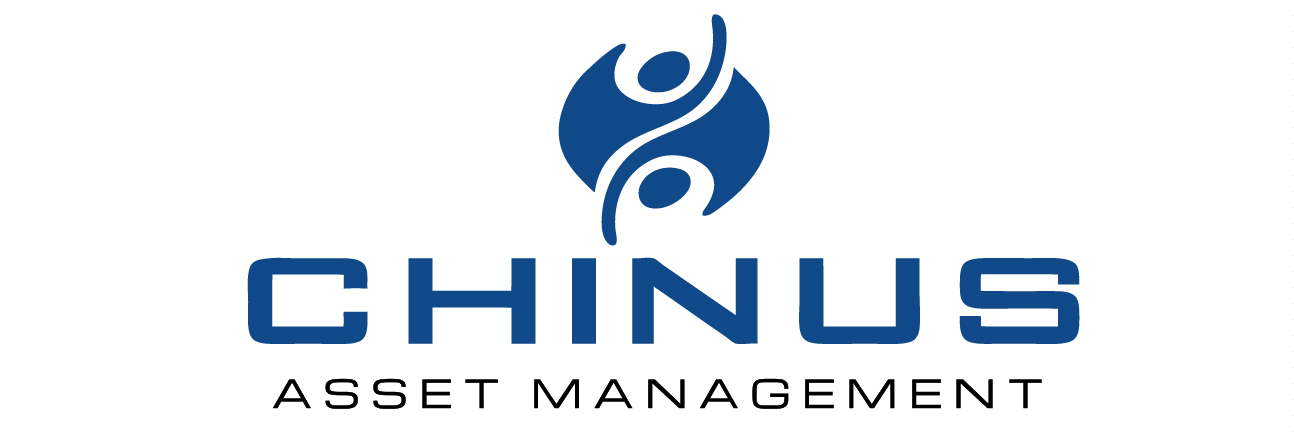After a tumultuous Q1 for global stock markets, investors are increasingly seeking to take advantage of attractive valuations. Bolstered by strong macro fundamentals, the SENSEX closed on Friday with its highest weekly gain in seven years, and the NIFTY just shy of 7,450.
Last week, Goldman Sachs reaffirmed its overweight position in Indian equities given India’s continued relative appeal to its Asian peers, betting that buoyant consumption demand and government spending will bolster corporate profits. Goldman’s report estimates gains, in $ terms, in the low-teens from Indian stocks, based on expectations of 10-14% growth in corporate earnings.
India’s Budget 2016, presented in Parliament as the Finance Bill 2016 (the“Budget”), evidences the Indian Government’s bilateral commitment to both (i) fiscal discipline and (ii) to the stimulation of infrastructure investment, entrepreneurship and domestic consumption. The Budget sets ambitious revenue targets for proceeds from the divestment of state-owned companies and telecom bandwidth sales. It also sets high targets for direct tax collection, based on a 12% growth estimate for corporate earnings.
Low commodity prices and a tamed CPI inflation of 5.4% give Reserve Bank of India (“RBI”) Governor Raghuram Rajan greater fiscal space to cut interest rates in upcoming months. India’s current account deficit is down to 1.4% of its GDP and its foreign exchange reserves have climbed to US$ 350 Billion.
The Budget also confirmed that India has now achieved the highest coal production growth in over two decades, highest ever capacity addition in generation, and highest ever increase in transmission lines, as the burgeoning country leapfrogs towards transformative growth.
Notably, the Budget acknowledges the systemic vacuum that presently exists in India with regard to bankruptcy situations in financial firms, and commits the Government to the introduction of a comprehensive ‘Code on Resolution of Financial Firms’ Bill in the Parliament later in the financial year. This code, together with the Insolvency and Bankruptcy Code 2015, when enacted, will provide a contemporary and holistic resolution mechanism for liquidation and bankruptcies, for the first time in Indian legislative history. The Budget also introduces Governor Rajan’s previously outlined committee-based approach to monetary policy.
#Budget2016 demonstrates a strong commitment to (i) developing the corporate bond market, (ii) increasing retail access to government securities and (iii) radically improving the ease of doing business in India. And, by expanding the basket of eligible FDI instruments to include certain hybrid instruments, the Budget confirms the Government’s evolving capacity to appreciate nuances within corporate securities utilized in global finance.
On the downside, the Budget perpetuates India’s policy paralysis on certain issues affecting foreign asset managers by failing to immediately deliver long promised certainty to foreign investors on the introduction of General Anti-Avoidance Rules (GAAR) or clarifications on residency benchmarks for foreign companies.
In his Budget speech, FinMin Jaitley once again broached the now notorious, retroactive tax amendment introduced by the 2012 Finance Act. He reiterated the Government’s commitment to provide a stable and predictable taxation regime and to reign in the “tax adventurism” of its revenue department.
Significantly, the Budget proposes to amend section 115JB of the Income-tax Act to provide that Minimum Alternate Tax (MAT) shall not be applicable to a foreign company, w.e.f. 01.04.2001, if the foreign company does not have a permanent establishment or a place of business in India. This clarification is welcomed by foreign investment managers investing into India from offshore funds.
The FinMin, in local vernacular, likened his administration to a skilled crewship, equipped and confident in navigating India through global headwinds. He emphasized the imperative that India “firewall” itself from macroeconomic weakness and volatility.
There’s always room for improvement, but, in a nutshell, India’s 2016 Budget personifies real transformation in policy, in leaps and bounds, and in harmony across Prime Minister Narendra Modi’s fifteen Ministries. All in all, a milestone achievement for India!
(This article was authored by CHAM Managing Director Asma Chandani, and has appeared in The Economic Times and DaWall Street.)
CHINUS ASSET MANAGEMENT (CHAM), a U.S. West Coast-based asset management firm, provides investors exposure to the alpha-generating growth in China, India, South Korea and Southeast Asia, by utilizing an active investment strategy and local managers in each region.
© 2016, Chinus Asset Management LLC.
